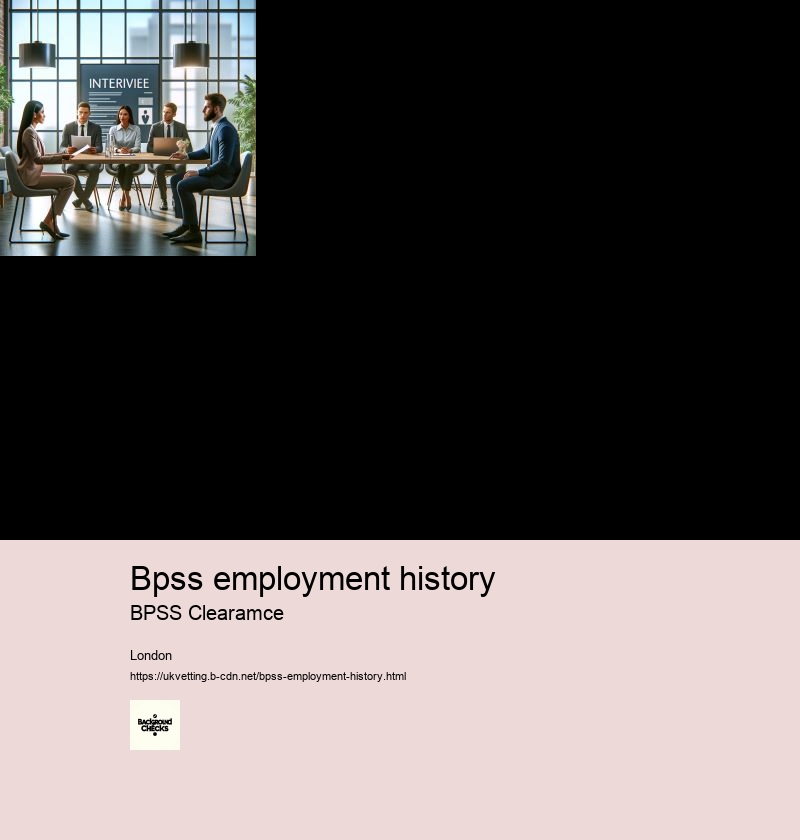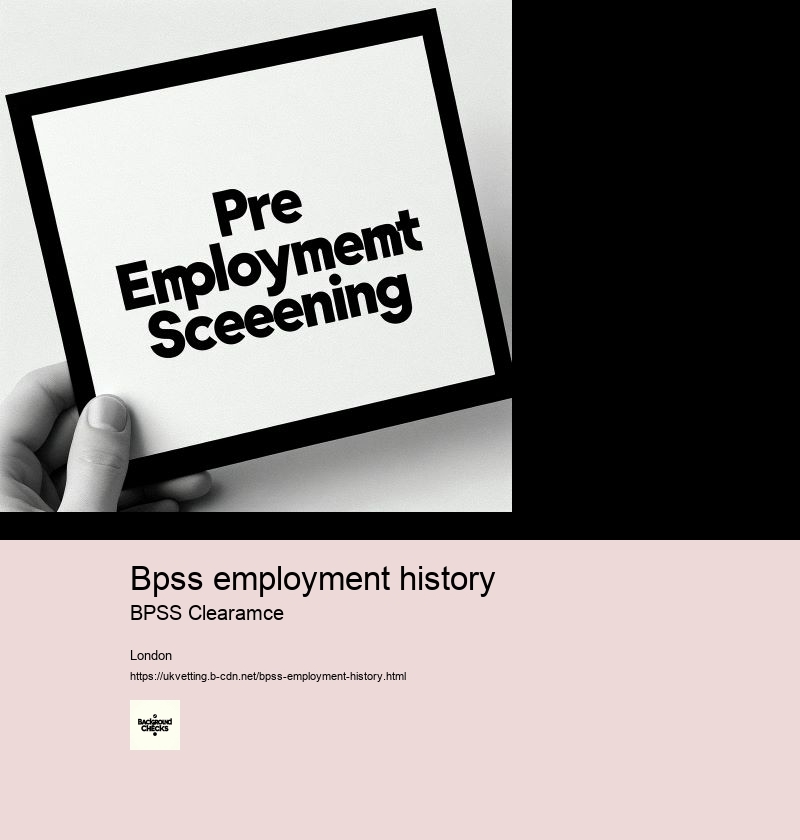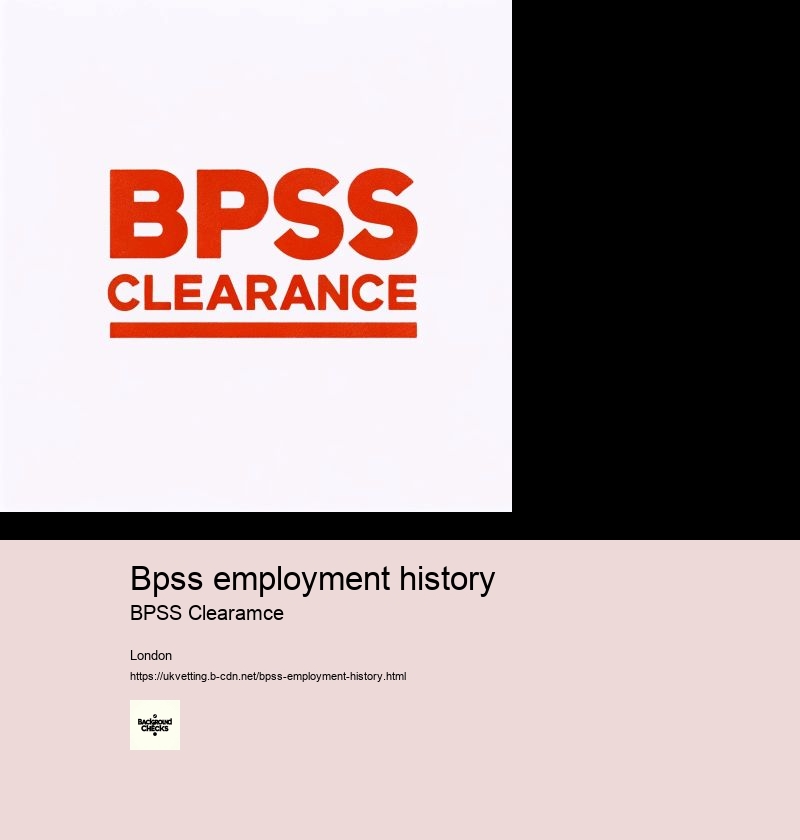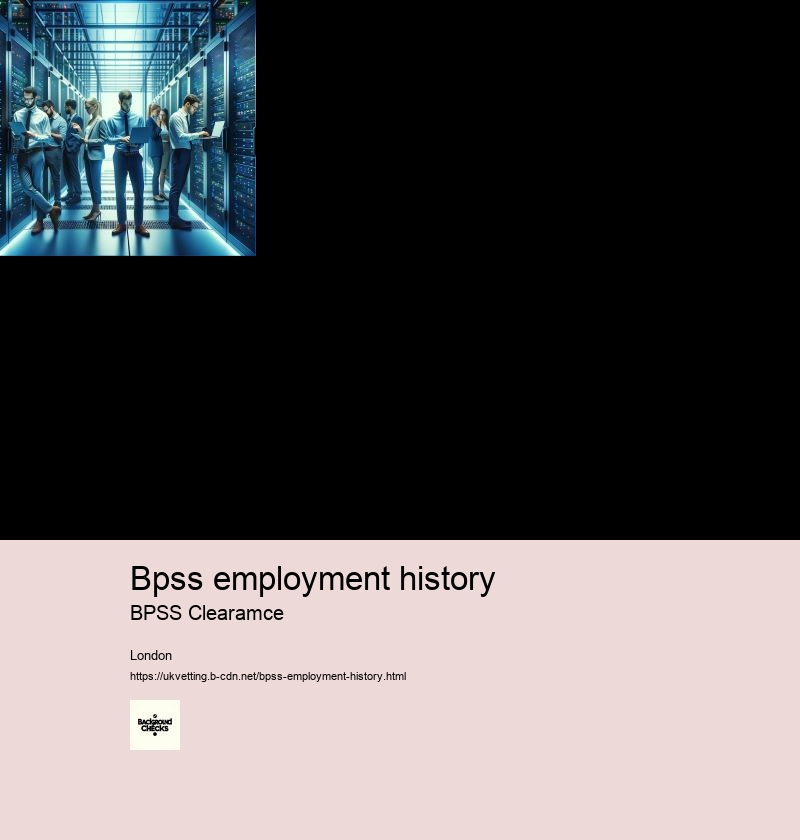Can you discriminate against someone with a criminal record UK?
Another key distinction is in ongoing monitoring and renewal requirements. BPSS does not have a formal ongoing monitoring or renewal policy; it is primarily conducted at the time of hiring. In contrast, BS7858:2019 requires that the screening process is updated every three years, or more frequently depending on company policy, to ensure that the security status of employees does not change over time.
Organizations that require a Baseline Personnel Security Standard (BPSS) check generally include those involved with national security, government contracts, or any sector where security is paramount. This typically encompasses various government departments, the defense sector, and private companies that handle sensitive information or deliver services under government contracts.
2. **Conduct Identity Check:** Authenticate the person's identity through official documents like passports or driver's licenses.




